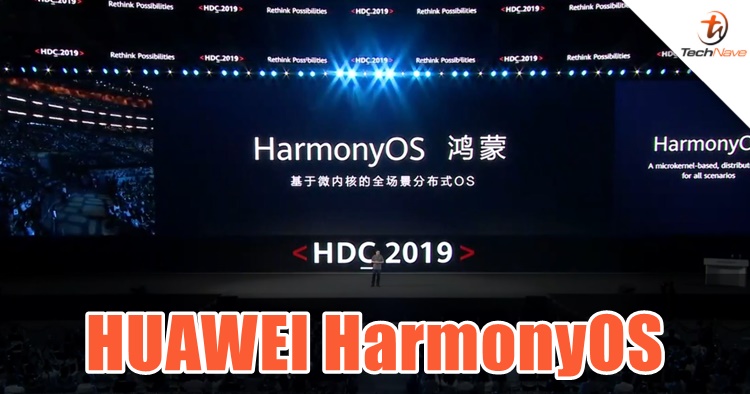
In this breaking news, the long-rumoured "HongMeng" OS by Huawei has finally come to light and it's officially known as HarmonyOS. Presented by Richard Yu during his keynote at the HUAWEI Developer Conference 2019, this is what we know so far about the company's latest operating system on its uses, security and potential.
According to Mr Yu, HarmonyOS is the world's first "microkernel distributed OS for all scenarios". What this means is that the operating system is not just for smartphones, but modularly deployed as an ecosystem for all devices from smartphones to home appliances, TVs, automobiles, tablets and many more. As far as security is concerned, Huawei assures that the OS has a low rate of cyber attack due to having basic services such as thread scheduling and IPC (Inter-Process Communication). By using formal verification methods that usually used in security areas like aerospace and chipsets, HarmonyOS can be scaled on-demand for wider system security and can potentially achieve an EAL 5+ certification level.
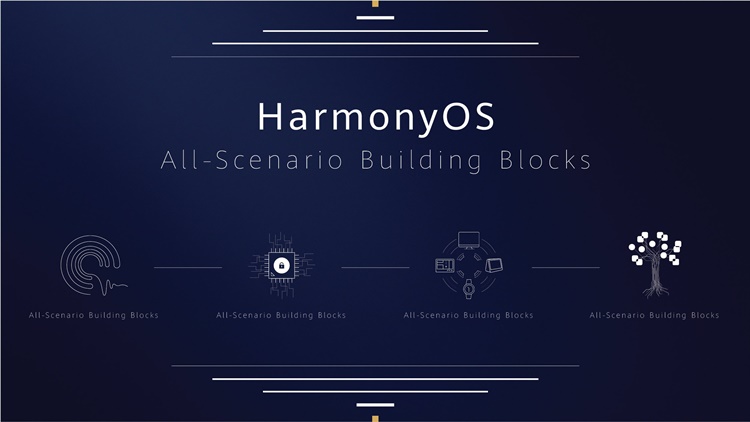
Performance-wise, Huawei is not shy to say that HarmonyOS is better than Android and other Linux-based OS. From their presentation slides, how it's able to perform faster in hardware is because it's using only one simplified layer protocol instead of four layers for boosting efficiency. On top of that, there's also a "deterministic latency engine" that offers real-time loading analysis, forecasting and app characteristics matching with a "25.7% and 55.6% improvement in response latency and latency fluctuation respectively", when compared with Android. In short, the HarmonyOS's IPC performance is up to five times better than other current systems.
Huawei also welcomes developers to try HarmonyOS as it's an open-source via ARK Compiler, allowing them to compile various codes such as C/C++, Java, and Kotlin. Since it's an OS for all scenarios, an IDE will be provided to developers to develop apps for other devices as well (cars, TVs, home appliances, etc). However, they mentioned that HarmonyOS will not support root access which is a security risk, as well as incompatible with Android apps out-of-the-box. Mr Yu stated that it's easy to transfer Android apps to HarmonyOS, as they only have to make small changes here and there on their apps.
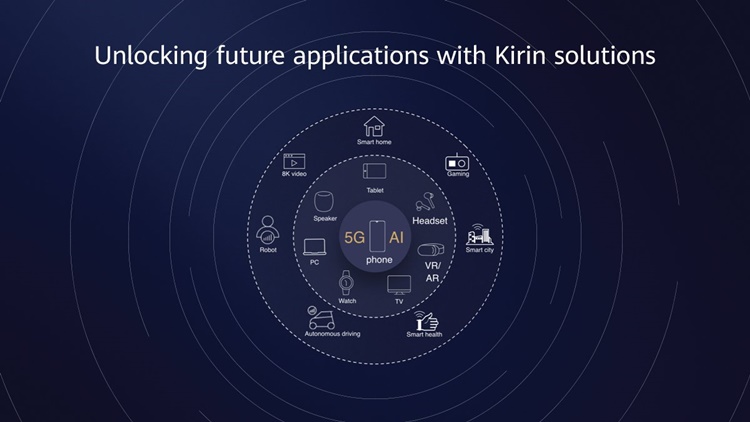
At the moment, HarmonyOS will start on their smart TVs and smartwatches lineup first, so Huawei Mobile will stick with Android for now for the sake of their existing partners, even though they can choose to switch from Android easily as aforementioned. Despite that, it's still a Plan B as Huawei is still working on the microkernel's app ecosystem (like its AppGallery as an alternative to Google Play Store). As many of you know, the trade war is still on-going and should it continue next year, Huawei will use HarmonyOS as a safety net.
From the looks of the current state, the upcoming Huawei Mate 30 series will likely adopt the HarmonyOS since the company didn't receive any Google Play Services certification. But what do you think? And are you looking forward to using it? Personally, I think Huawei should still go ahead so that there's competition and other options besides iOS and Android.
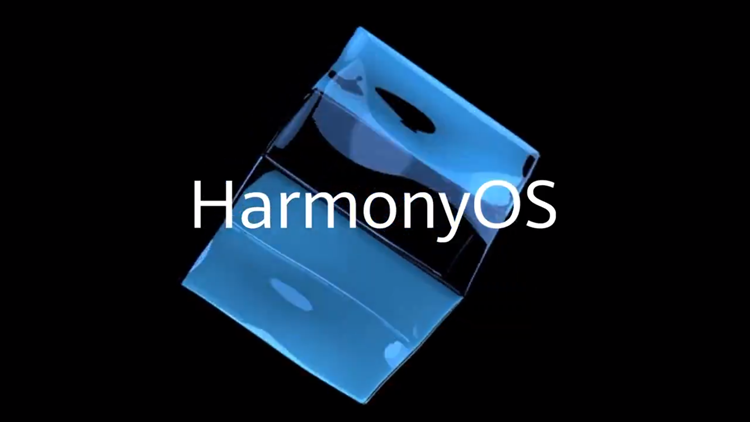
Stay tuned for more Huawei news at TechNave.com.




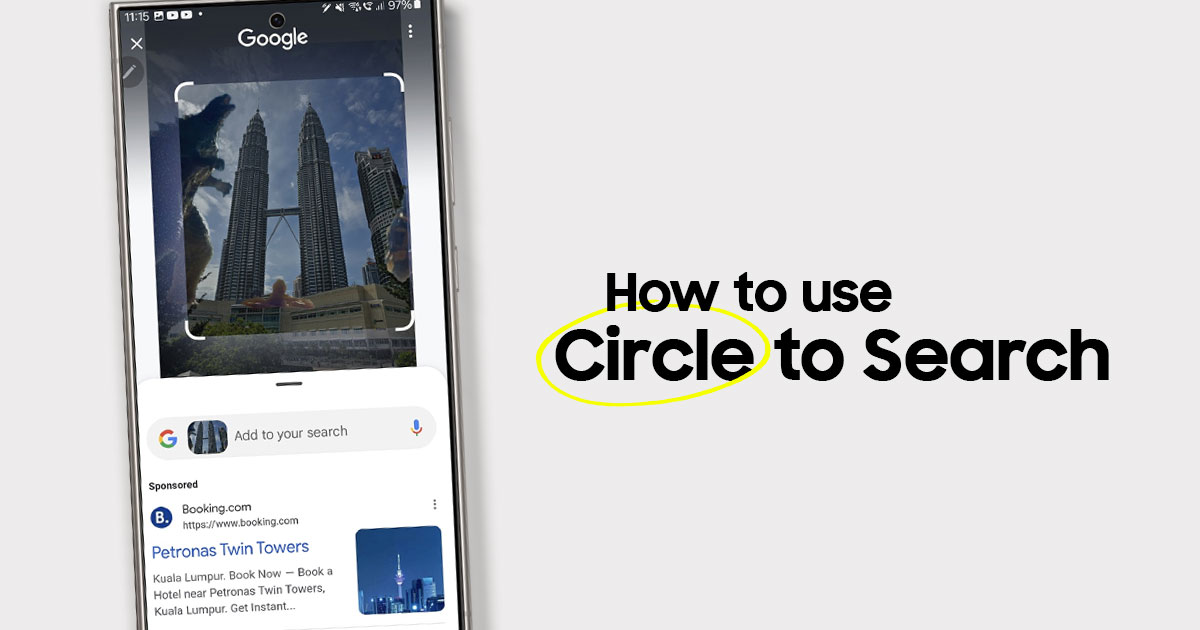
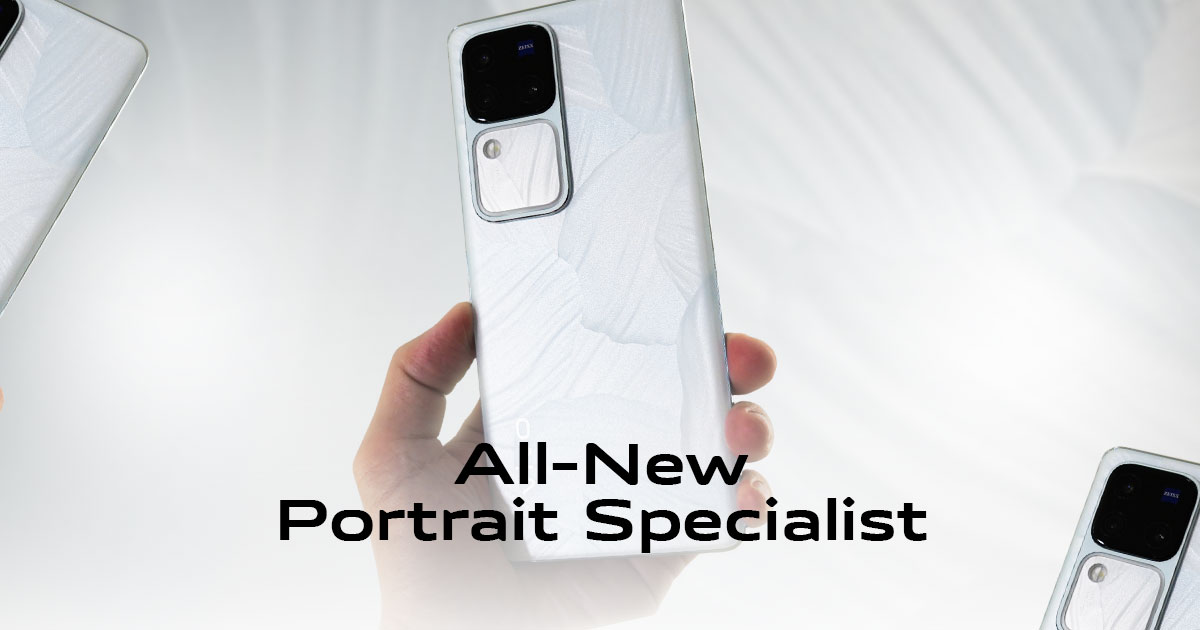
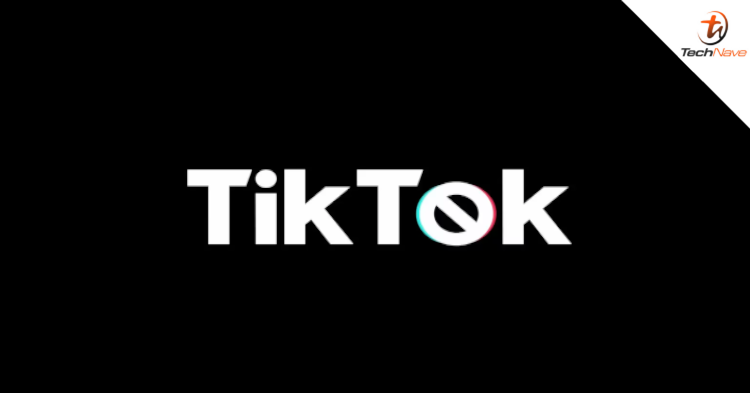
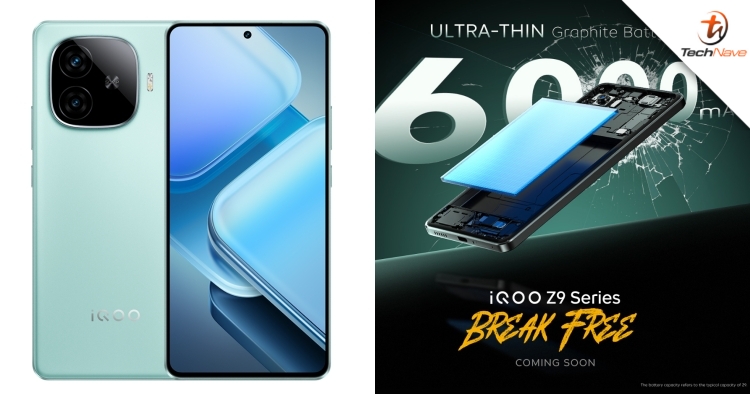
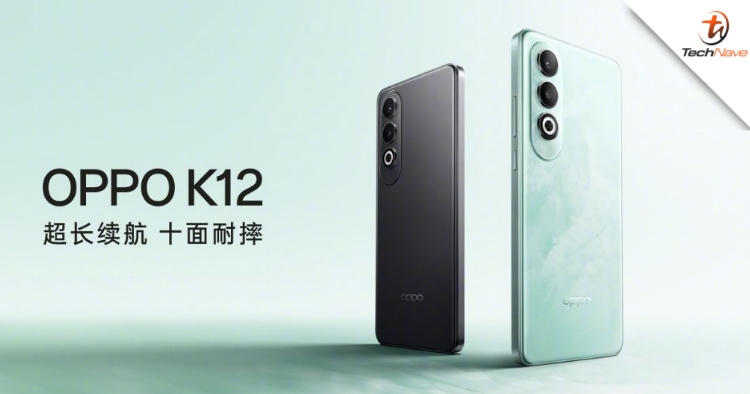
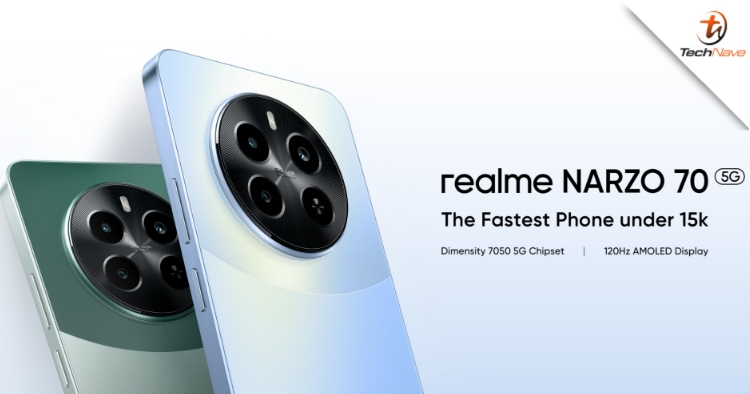
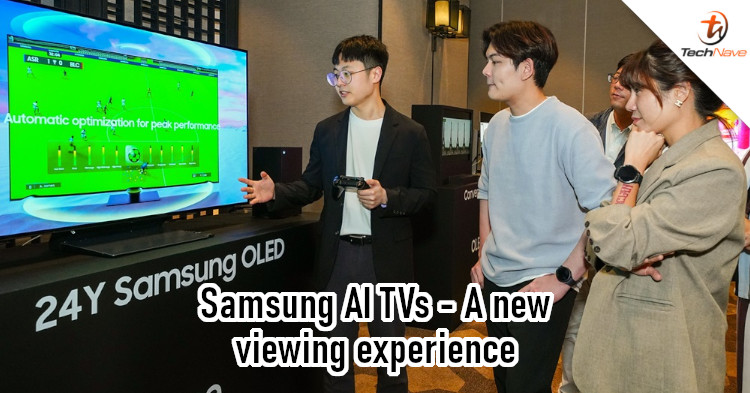
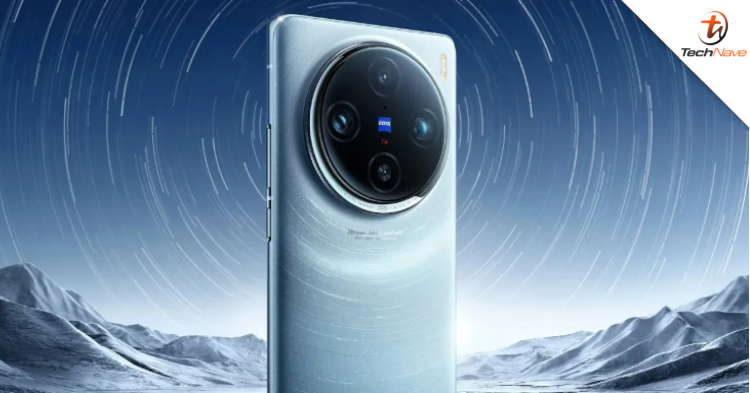
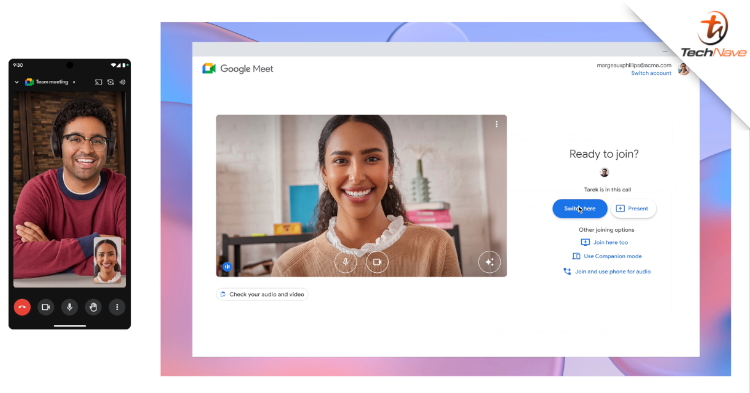
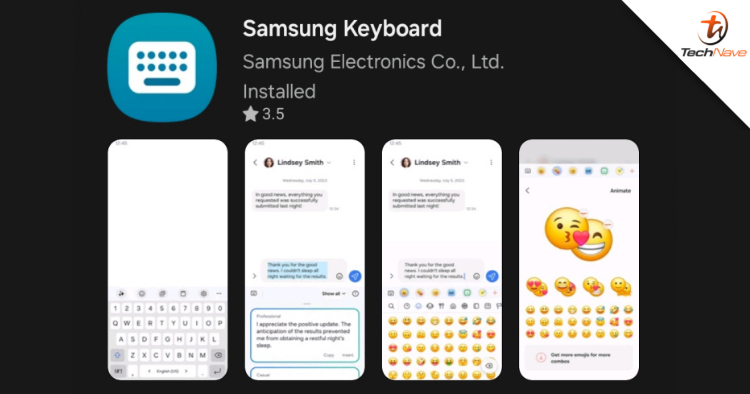
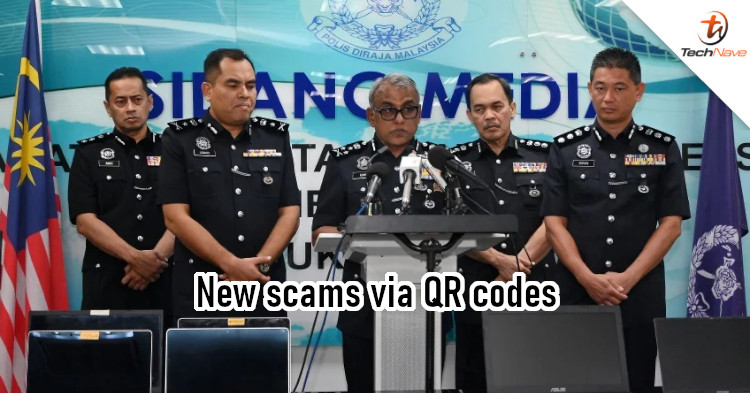

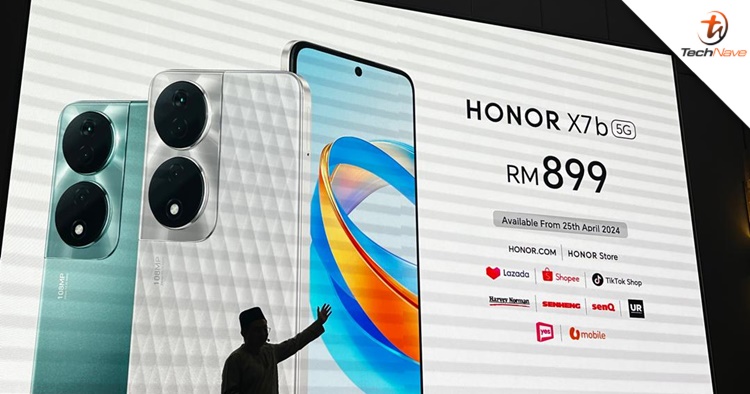
COMMENTS